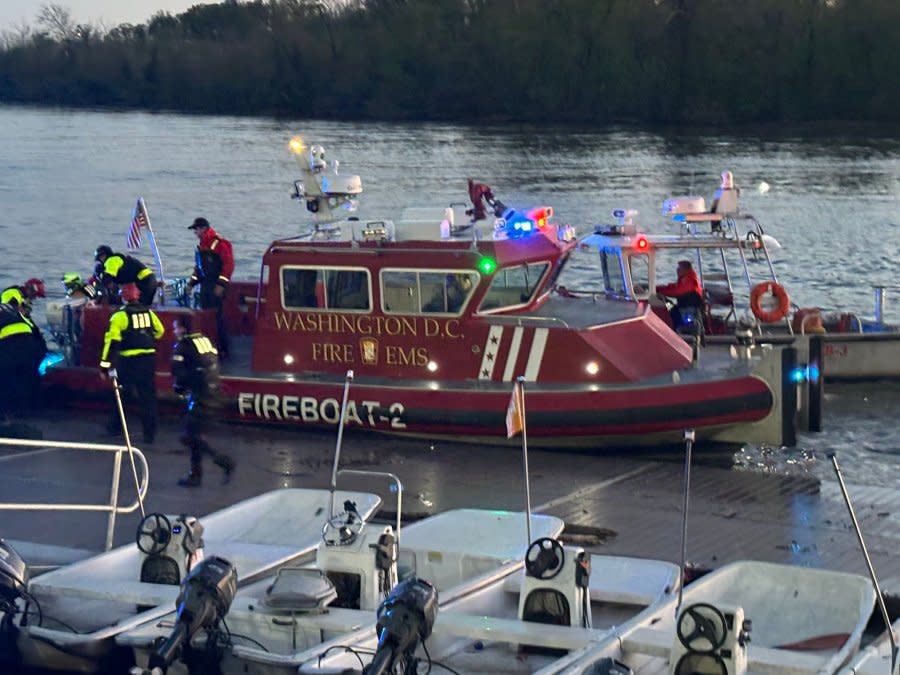Raleigh police leaders say increased crime statistics highlight the “zero-tolerance” approach they’re taking in the downtown area.
“Our goal is not to arrest our way out of our issues or problems,” Police Chief Estella Patterson told a City Council committee on Tuesday.
“Our goal is to make the community as safe as we can make it and sending a very strong message to those who want to come down to this business core area, that we’re not going to be tolerant of any illegal or criminal behavior in that area,” she said.
The police chief and other city staff briefed the committee on recent efforts after outcry from downtown business owners, workers and residents.
“You can see from these statistics that the police have been very intentional,” Mayor Mary-Ann Baldwin said after the meeting.
Where are police focusing their attention?
The police chief highlighted statistics comparing the fourth quarter of 2022 to the fourth quarter of 2023 in the Glenwood South district and the downtown “business core” along Fayetteville Street and including the Transit Center area near Moore Square.
In Glenwood South:
-
Calls for service went up from 1,021 to 1,173, or 15%
-
Reported incidents went up from 209 to 309, or 48%.
-
Carrying a concealed weapon incidents went up from 12 to 39, or 225%
-
61 illegal firearms were seized compared to 22, a 177% increase.
-
There were 19 felony drug violations compared to six, a 217% increase.
-
There were 49 misdemeanor drug violations compared to nine, a 444% increase
-
There were five driving while impaired charges compared to four, a 25% increase
In the downtown core:
-
Calls for service went up from 2,550 to 2,859, or 12%
-
Reported incidents went up from 274 to 445, or 62%.
-
Carrying a concealed weapon incidents went up from seven to 15, or a 114%
-
10 illegal firearms were seized compared to zero.
-
There were 29 felony drug violations compared to nine, a 222% increase.
-
There were 38 misdemeanor drug violations compared to 27, a 41% increase
-
There was one driving while impaired charge compared to zero
Patterson attributed the increases to “proactive engagement,” or officer-initiated interactions instead of police responding to a 911 call, for example.
From Sept. 11 through Dec. 1, the police reported 755 charges from “proactive engagements,” including over 500 misdemeanor charges and 300 arrests.
Here’s the result of those proactive measures:
-
Felony charges: 127
-
Misdemeanor charges: 523
-
Physical arrests: 302
-
Warrants served: 120
-
Juvenile petitions: 22
-
Traffic charges: 83
What does proactive policing look like?
City Council member Megan Patton asked Patterson how police were able to seize so many firearms.
“(In) Glenwood South, they are interacting with the public,” Patterson said. “And in doing that they can just ask for consent. If someone is out, you can just ask them the question, Do you have a weapon? Do you have a firearm on you?
“Typically, though, it’s through an enforcement action,” the chief explained. “So there is some reason, some probable cause reason, that we have to be able to stop the person, talk with the person, search the person and then we discover those weapons.”
Many weapons were also seized from vehicles, including during traffic stops, she said.
After the meeting, Baldwin said she’s not heard of any complaints about the recent proactive work in Glenwood South or the rest of the downtown area.
However, local criminal-justice activists have criticized proactive policing as a general practice. It was called out after Darryl “Tyree” Williams died after being tased by police during a “proactive patrol” in southeast Raleigh. The one-year anniversary of his death was last week.
Is downtown enforcement pulling resources from other parts of the city?
City Council member Christina Jones referenced recent car break-ins in northwest Raleigh, the area she represents. She asked if resources are being pulled from other parts of the city to focus on downtown.
“We still have our core officers who were on patrol or answering those calls for service,” Patterson said. “That has not changed (with) the extra officers to the downtown area.”
The city of Raleigh hired private security companies this December to patrol the GoRaleigh bus station downtown for three months.
“GoRaleigh staff are just thrilled with the presence of our security officers and the extra efforts from Raleigh Police and their transit staff,” said David Walker, the city’s transportation manager. “It’s just been an overwhelming change in morale. GoRaleigh employees are excited to come to work now. We feel like this is going to be a huge benefit for the retention of our bus operators throughout the future.”
Now the city wants to continue those efforts and will seek City Council approval of a long-term contract in February.
Signup bonus from





